Best Books for IBPS Clerk, SBI PO & RBI Assistant Exam Preparation
Top books for Quant, Reasoning, English & GA for banking exam success
If you're targeting any of these banking exams, you already know that the syllabus overlaps a lot. What really matters is picking the right books for each section—books that explain well, give good practice, and actually help you build speed and accuracy. Over the years, I’ve seen candidates pile up dozens of books and still fall short, while those who stick to the right few sail ahead. This post is designed to help you pick those key books, structure your study, and hit 300+ in the Prelims every time.
Why the Right Book Choice Makes or Breaks Your Prep
1. Zero fluff
Good books focus only on what's actually in the exam—no long historical intro, no random puzzles.
2. Explain and practice
The right combination gives you clear explanation plus exam-style questions.
3. Time-tested trust
Heavyweights like R.S. Aggarwal or S.P. Bakshi have stood up to repeated exam patterns. They’re not old—they’re reliable.
4. Self-confidence builder
Solving practice sets from trusted books builds faith—panic goes away when you’ve practiced relevant material.
Section 1: Quantitative Aptitude – Foundation to Speed
R.S. Aggarwal – Quantitative Aptitude for Competitive Exams
This book is where to begin. Clear basic explanations, solved examples, and step-by-step problems. Cover all chapters over 4–5 weeks, doing at least 20 problems daily from one topic. Don’t rush—get every topic right once before moving on.
Rajesh Verma – Fast Track Objective Arithmetic
Once you know your basics, move to this for building speed. It teaches shortcut tricks, mental math hacks, and simplifies multiplication/division. It prepared me well for quick computations under test pressure.
M. Tyra – Magical Book on Quicker Maths
Not essential for early prep, but perfect during revision. Covers Vedic shortcuts, fast calculations, and mental tricks that save seconds per question. Solid for final touch-up.
Arun Sharma – Data Interpretation Book
For SBI PO and RBI Assistant especially, DI is a scoring section if done right. This book is structured in small learning blocks—pie chart, bar graph, caselets. Three sets a day to begin with will build your accuracy over weeks.
Section 2: Reasoning Ability – Pattern Recognition Made Easy
R.S. Aggarwal – Verbal & Non-Verbal Reasoning
Your go-to for foundational reasoning. Seating arrangements, blood relations, syllogisms, etc., explained in simple steps. Do two sets per topic until you solve them confidently.
M.K. Pandey – Analytical Reasoning
For puzzles beyond basics—house-floor-based, difficult circular grouping, games. I practiced one puzzle daily here and gradually improved tackling combined reasoning sets.
Arihant Experts – Practice Book on Reasoning
High volume matters here. This book gives you many exam-style puzzles. Regular practice helps in pattern familiarity. Do timed batches of 20 questions regularly. That’s what sets some candidates apart.
Section 3: English Language – Build Clarity, Vocabulary, Comprehension
S.P. Bakshi – Objective General English
Grammatical topics like error spotting, fill in the blanks, sentence arrangement—this book breaks each topic clearly. I dedicated twenty minutes daily to grammar practice.
Norman Lewis – Word Power Made Easy
Memorizing vocabulary lists is painful. So I followed this book’s method: learn and use five words daily in sentences or notebooks. You internalize meanings quickly.
Wren & Martin – High School English Grammar & Composition
Use it to cross-check grammar rules. Complex error questions become easier when you refer to its rules section. When in doubt, this book has clear explanations.
Section 4: General Awareness & Banking Awareness – Static + Dynamic
Arihant – Banking Awareness
This book covers banking-specific chapters—RBI functions, Monetary Policy, financial ratios, budget, official schemes. Excellent for all exams, especially RBI Assistant Mock Round materials.
Lucent’s General Knowledge
Timeless for static GK—science, geography, economy, Indian polity. I underlined important points and revised them thrice; helps in both Prelims and Descriptive (if needed).
Manorama Yearbook
Great for current affairs across the year—sports, important awards, books, appointments, national events.
Section 5: Computer Awareness – IBPS Clerk & RBI Assistant Need It
Arihant – Objective Computer Awareness
Clear explanations of basic computer knowledge—hardware, software, networking, MS Office, internet. That’s what IBPS Clerk and RBI Assistant demand.
Lucent Computer
Concise, affordable, and format-aligned. Great for revision; I used sticky notes to memorize definitions and acronyms.
How to Combine These Books Exam-wise
Exam Type | Quant | Reasoning | English | GA / Banking / Computer |
| IBPS Clerk | R.S. Aggarwal + Verma | Aggarwal + Pandey | Bakshi + Lewis | Arihant Banking + Lucent GA |
| SBI PO | Aggarwal + Fast Track + DI | Aggarwal + Pandey + Arihant | Bakshi + Lewis | Arihant Banking + Manorama |
| RBI Assistant | Aggarwal + Verma | Aggarwal only | Bakshi + Lewis | Arihant Banking + Lucent Comp |
Weekly Study Routine Using These Books
Monday–Friday (2–3 hours/day):
- Quant (60 min): Topic review + R.S. Aggarwal problems + shortcut drills from Verma.
- Reasoning / English (alternate days, 45 min): Attempt and check from Aggarwal, Pandey, Bakshi.
- GA / Banking Awareness (15 min): Daily chapter read or current affairs skim.
Weekend (Saturday–Sunday):
- Mock test (2 hours): Use free online mock or paid Testbook/Oliveboard set.
- Analysis (1 hour): Refer to your books for explanations if unsure. Log mistakes.
- Review weak topics (1 hour): Go back to sections in books where you scored poorly.
Stick to this routine for 8–10 weeks exactly, don’t overdo early mocks. Fortify the basics first; then gradually increase mock frequency.
How I Used These Books Personally (A Short Diary-style Walkthrough)
- Week 1: Arithmetic chapters from R.S. Aggarwal, used Verma's shortcut drills for practice.
- Week 2: Continued same; started practicing reasoning basics from Aggarwal.
- Week 4: Introduced Banking Awareness (Arihant), current affairs notes from Manorama Yearbook.
- Week 6: Started using M.K. Pandey for puzzles; did 30 puzzles in a week.
- Week 8: Full pre-test mock; scored 140 / 200 across Quant + Reasoning + English; revised error logs from books.
- Week 10–12: Started daily DI practice from Arun Sharma; nightly shortcut exercises from Tyra’s Vedic math.
- Month 4: Moved to final revision; used summary notes prepared from these books. Cracked exam with 160+ in Quant and 320 overall.
FAQs
Q1. Can I use just PDFs and skip buying books?
You could, but long-term retention suffers. Books keep your focus; PDFs distract—even more if you’re using phone/computer. I used books for main study and PDFs only for occasional revision.
Q2. Are these books still relevant in 2025?
Yes, they are evergreen. SSC exam patterns haven't changed much in Quant, Reasoning, English grammar—these books map exactly to the exam demand.
Q3. How many hours should I study daily with these books?
Around 3 hours for 8–10 weeks is enough. Later combine with mocks for 4–5 hours a day in final month. Consistency beats marathon cramming anytime.
Q4. Should I buy all these books at once?
No. Start with Aggarwal, Bakshi, and Arihant Banking. Once you're comfortable, get Verma or Pandey. Tyra or Lucent Computer can wait till you begin mocks.
Q5. Do I need coaching in addition to these books?
Books alone help if your discipline is strong. Coaching can be helpful if you're not consistent. But thousands have made merit lists with self-study using these same books.
Mistakes I Noticed Aspirants Making
- Buying too many books but never finishing any.
- Skipping basics and practicing only mocks without understanding.
- Ignoring reasoning or grammar sections.
- Studying without revision notes. Notes help revision.
- Not reviewing mistakes from mocks. Understand wrong answers, don’t just memorize solutions.
Final Tips (Personal Advice)
- Stick to 2–3 books maximum per section. Depth beats breadth.
- Build your own formula / vocab notebook as you go.
- Mock tests are useful—but only when reviewed properly.
- Group study helps if you're losing momentum. Share your summaries, discuss current trends.
- Sleep well in the exam's final week, revise from your notes, avoid new material.
Quick Recap Table
Section | Books to Use |
| Quantitative Aptitude | R.S. Aggarwal, Fast Track by Rajesh Verma, Tyra |
| Reasoning Ability | R.S. Aggarwal, M.K. Pandey, Arihant Practice |
| English Language | S.P. Bakshi, Norman Lewis, Wren & Martin |
| Banking Awareness | Arihant Banking Awareness |
| General Knowledge | Lucent’s GK, Manorama Yearbook |
| Computer Awareness | Arihant Computer Awareness, Lucent Computer |
Why These Choices Work
- They match the actual SSC syllabus—no extras.
- They offer progressive learning—basics first, practice next, speed later.
- They build exam temperament and confidence gradually.
- They’re backed by years of aspirants achieving top cutoffs.
Final Thoughts
If you pick the right books, follow them consistently, and supplement them with mock tests and error analysis, you can confidently score 160+ in Quant and ace the Banking exams. Remember, it's not about having a dozen books—it’s about using a few smartly every single day.
Stick with this combination, refine your acumen, and you’re setting yourself up for success. You can do it.
Go give your exam prep the right foundation. Best of luck!
Categories
Archives
- August 202510
- July 202524
- June 202524
- May 202526
- April 202530
- March 202523
- February 202513
- January 202523
- December 202429
- November 20246
- September 20245
- August 202422
- July 202415
- May 20249
- June 202424
Similar Posts
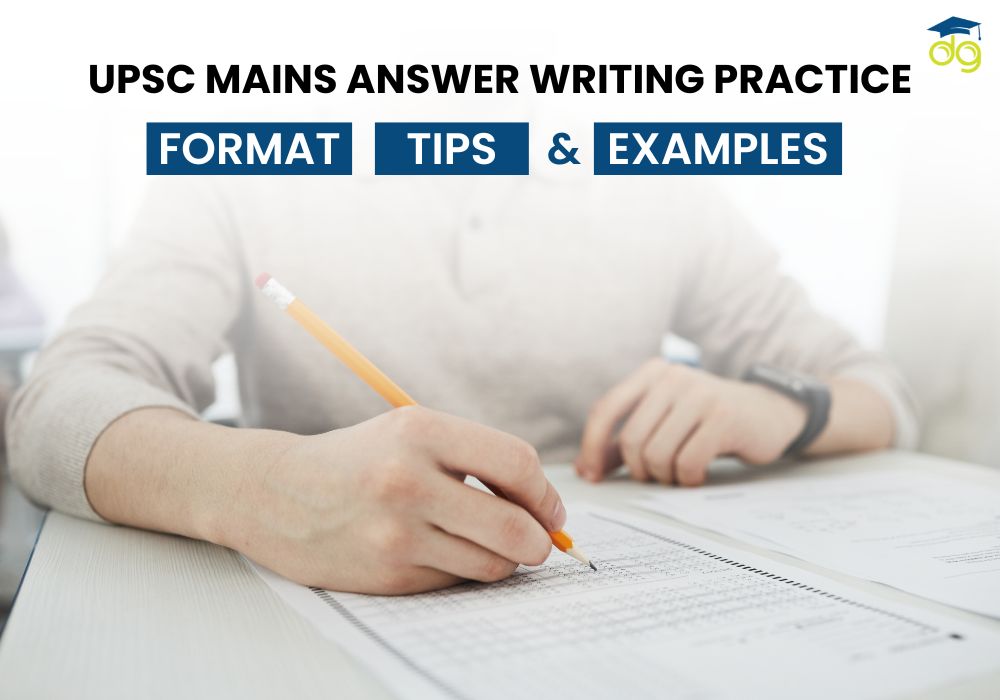
UPSC Mains Answer Writing Practice: Format, Tips & Examples 2025
by Skoodos Bridge
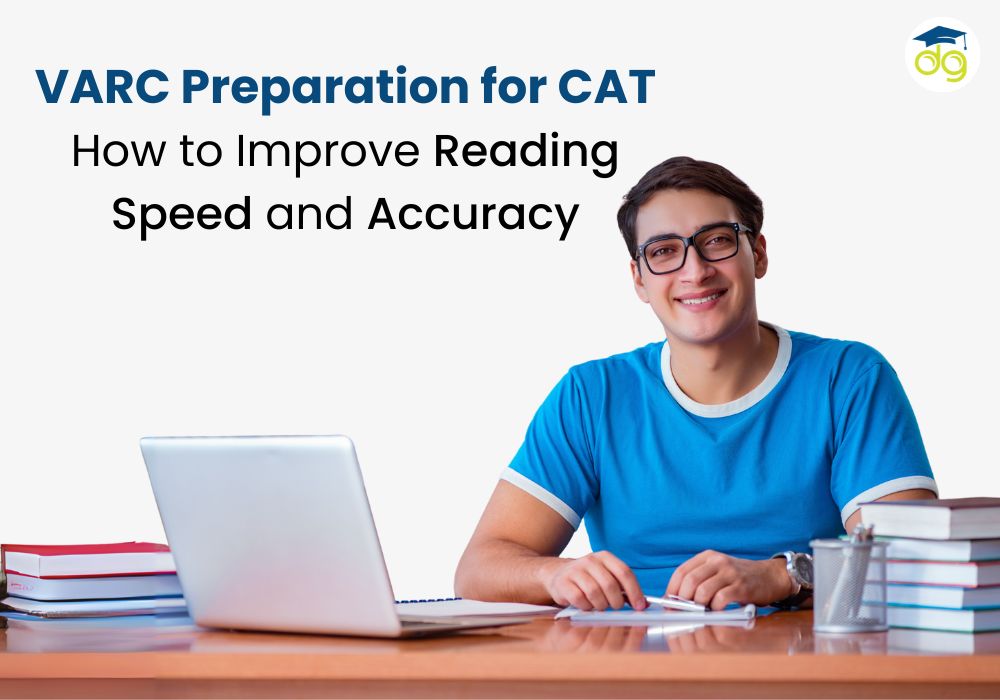
CAT VARC Preparation: Boost Reading Speed and Accuracy for 2025
by Skoodos Bridge

Best Reference Books for JEE Physics, Chemistry & Mathematics
by Skoodos Bridge
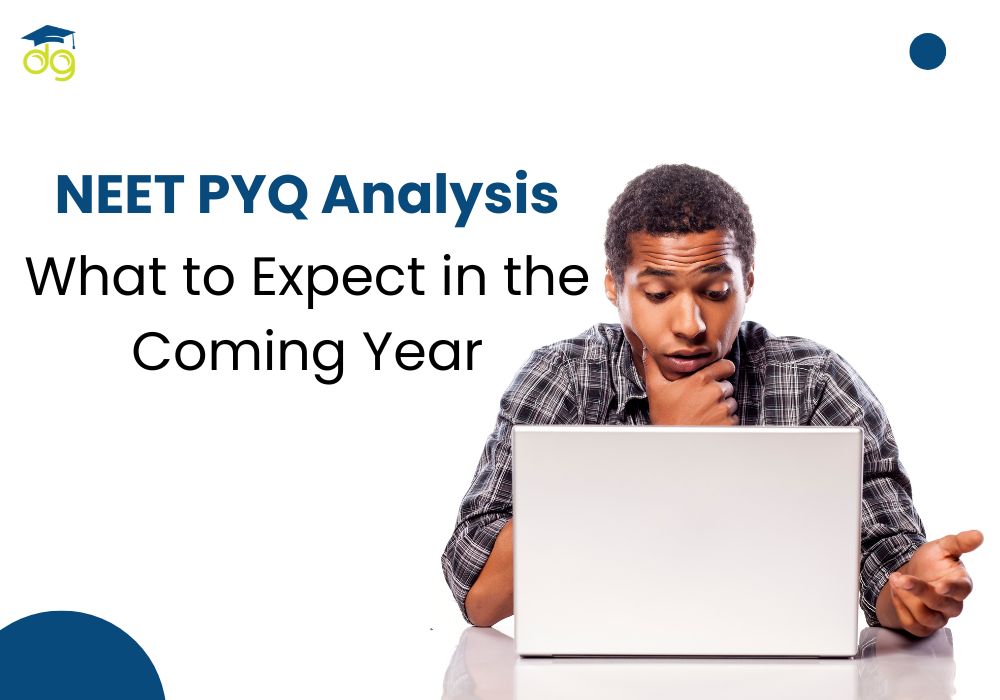
NEET PYQ Analysis 2025: Trends, Predictions & Preparation Tips
by Skoodos Bridge
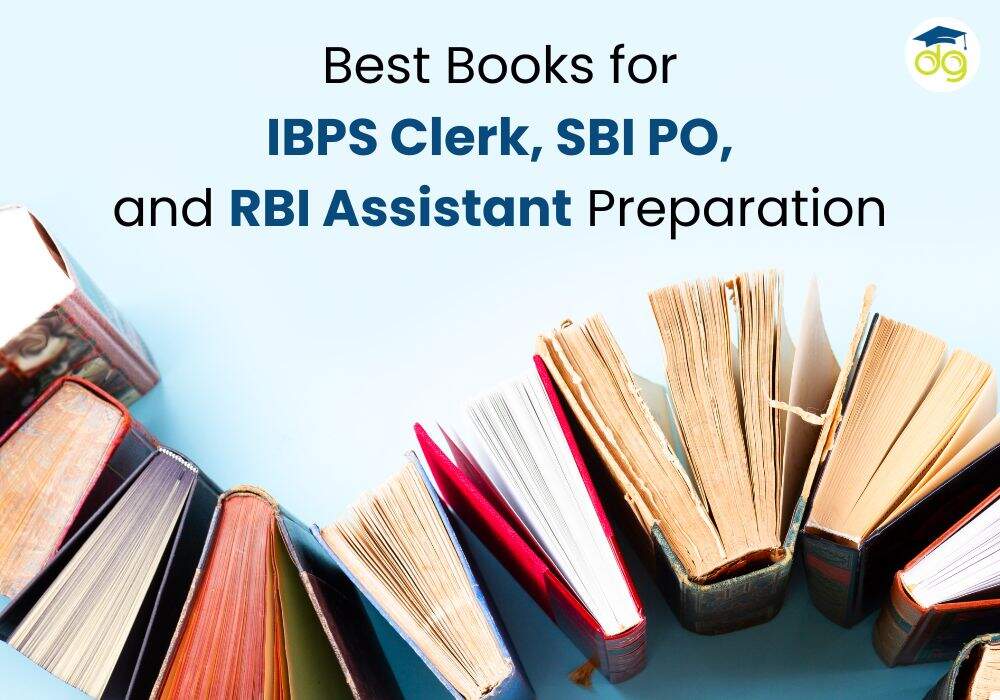
Best Books for IBPS Clerk, SBI PO & RBI Assistant Exam Preparation
by Skoodos Bridge
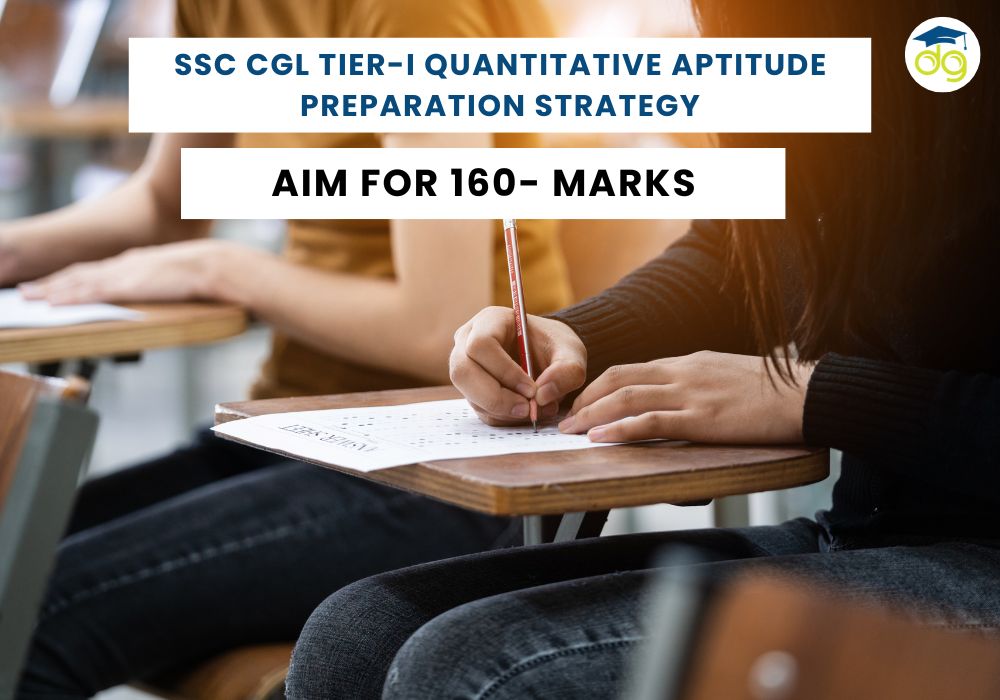
SSC CGL Tier-I Quant Strategy: How to Score 160+ Marks Easily
by Skoodos Bridge

Best Optional Subjects for UPSC Mains: How to Choose the Right One
by Skoodos Bridge
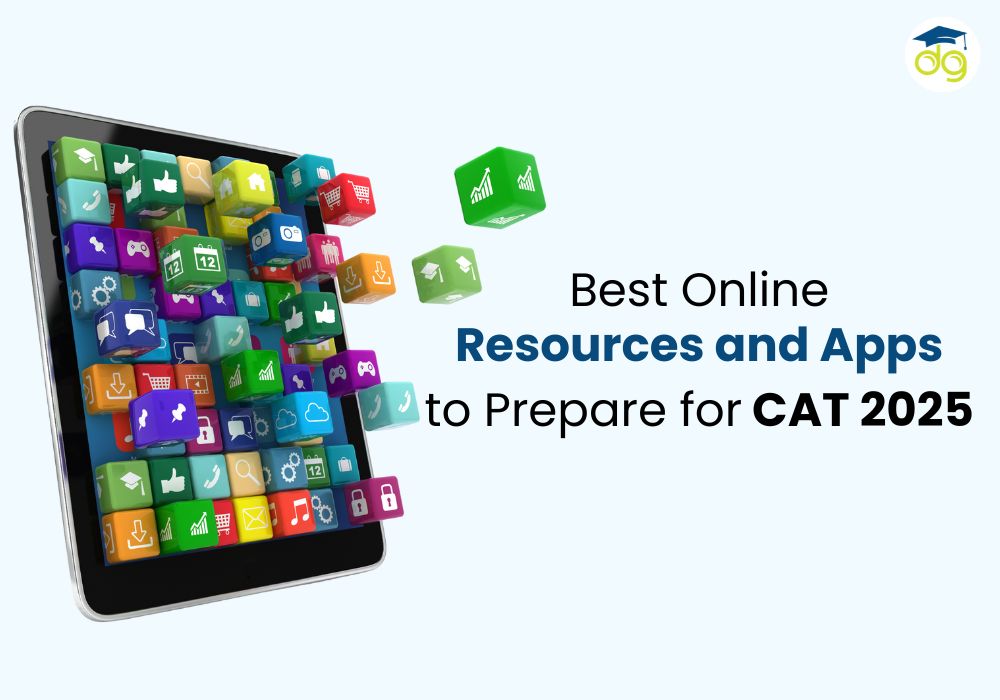
Best Online Resources & Apps to Crack CAT 2025 Effectively
by Skoodos Bridge

JEE Advanced vs JEE Main: Key Differences Every Student Must Know
by Skoodos Bridge
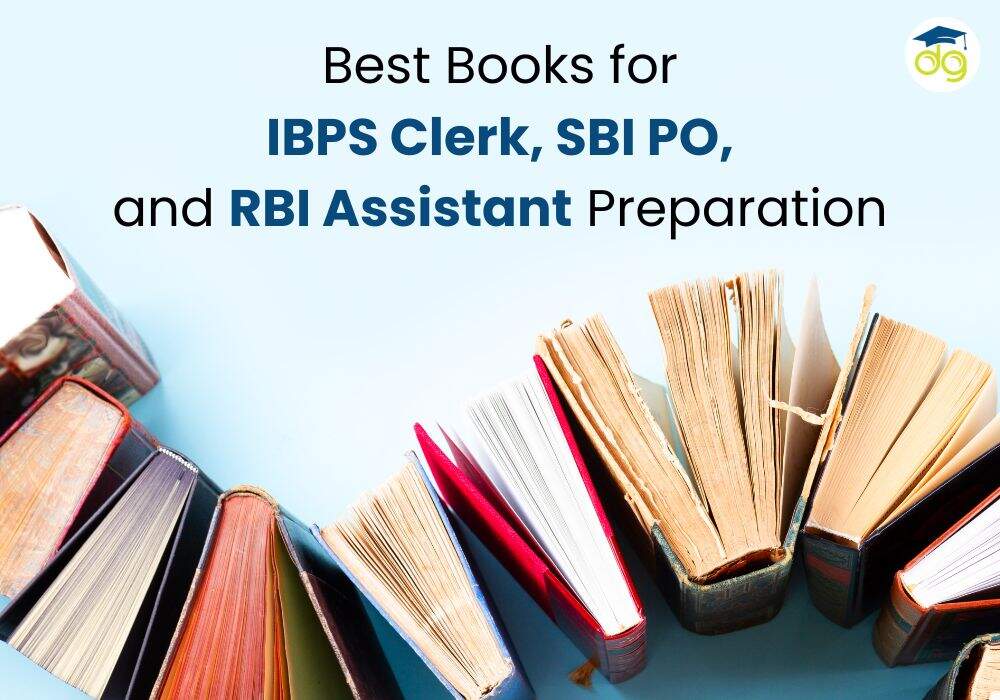

Leave a Comment